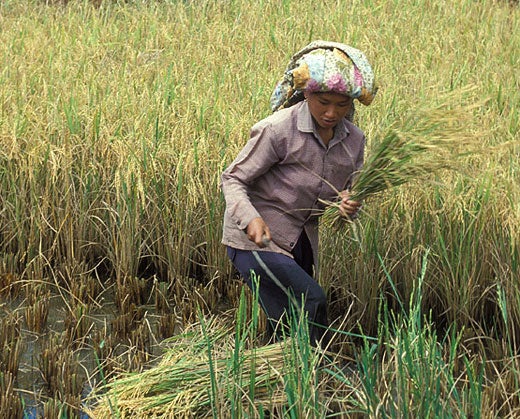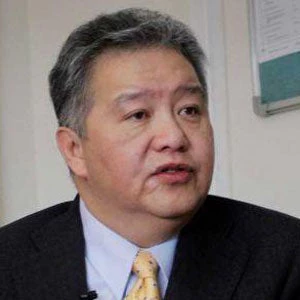
There is clear and present danger that another global food price crisis will emerge sooner than later.
A key signal is the lackluster result of the December 2013 Ministerial meeting of the World Trade Organization (WTO) in Bali, Indonesia - in the heart of the ASEAN community.
The compromises arising from the WTO Bali meeting further demonstrates that many WTO member-nations have returned to a focus on internal domestic politics, sacrificing long-term gains shared across nations, in favor of short-term gains motivated largely by domestic political survival or sheer short-sightedness.
Rice is the staple of half the world’s population, and approximately 70% of the world’s poor. Some 90% of the world’s rice supply is produced in Asia, much of it in ASEAN countries:
- Two of the world’s largest producers and exporters of rice – Thailand and Vietnam -- as well as two of the world’s largest consumers and importers of rice – Indonesia and the Philippines -- are part of ASEAN.
- Another ASEAN member -- Myanmar -- recently emerged from isolation and has begun to explore its capabilities to re-assume its place as the world’s largest exporter of rice, as it was in the 1950s.
- Singapore – too small to produce the high-quality rice its wealthy and growing population needs, almost completely relies on trade.
This underlines the importance of durable regional agreements on rice production and supply.
Many ASEAN populations were badly hurt in the global food price crisis of 2007-09. Sovereign actions intended to deal with domestic food price inflation sparked dynamic interactions that led to a spiral of higher prices across the region and the world.
Since the most recent food crisis, ASEAN nations have redoubled efforts to strengthen management of domestic food supplies, and shore up regional arrangements to share food security information.
ASEAN has decades of experience to build on. Since the 1970s, the association has been, in fits and starts, organizing and tinkering with the ASEAN Food Security Reserve – an agreement among members to set aside and share rice stocks in contingencies such as what is now being experienced.
More recently, in 2009, members adopted the ASEAN Integrated Food Security (AIFS) Framework and the Strategic Plan of Action on ASEAN Food Security (SPA-FS). The AIFS Framework and the SPA-FS were set for a 5-year period (2009–2013) and the International Rice Research Institute (IRRI) was tasked to focus its contribution on agricultural innovation, which included proposing a Rice Action Plan.
The plan has been implemented by IRRI through the Global Rice Science Partnership (GRiSP). Launched in 2010, GRiSP represents for the first time a single strategic work plan for global rice research, bringing together hundreds of scientists from across the world.
The key entry points for achieving this mission lie in lifting the productivity and resource efficiency of rice production systems to unprecedented levels. This will enable farmers to enter a virtuous circle, allowing them to invest more in diversification and sustainable management practices. To achieve impact at scale, GRiSP scientists collaborate with over 900 multi-sectoral development partners, globally, offering a comprehensive, yet flexible, set of interventions necessary to deploy advances in global rice science in individual national rice research and extension systems.
At the September 2013 ASEAN Ministries on Agriculture and Forestry meeting in Kuala Lumpur, the Ministers appreciated IRRI’s progress report, noting: “… the contribution of GRiSP… to ensure rice would be affordable to poor, yet profitable to farmers, of better quality, and nutritious value.” It was agreed that the Senior Officials Meeting of the ASEAN Ministries on Agriculture and Forestry will work with IRRI to secure the resources necessary to implement GRiSP across ASEAN.
Indeed, multilateral cooperation is crucial in order to curb volatility in rice and food prices. The governments of ASEAN member-countries must share information on cross-country stocks and prospects that enable rational, moderate and longer-term assessments of supplies and prices.
Such dialogue will underlie international understanding and assurances that rice exporting and importing countries have shared interest in stable, if higher, rice prices. It is likely that food prices will settle at higher levels than experienced since the mid-1970s, and augurs well for farmers and long-term, higher levels of total world supplies.


Join the Conversation